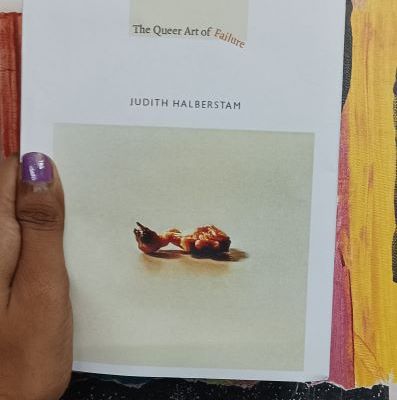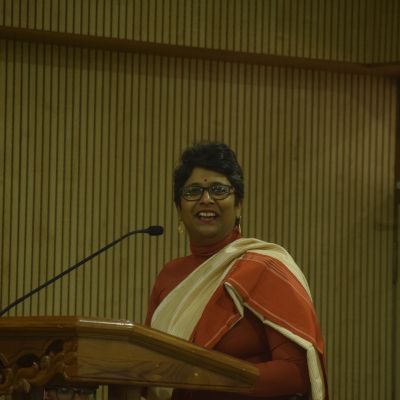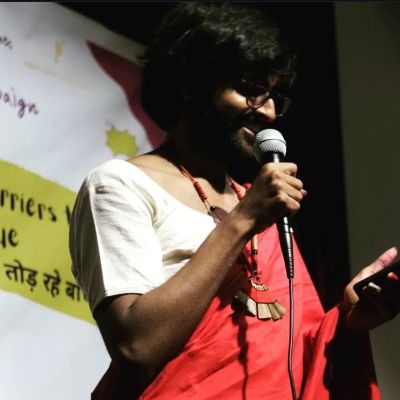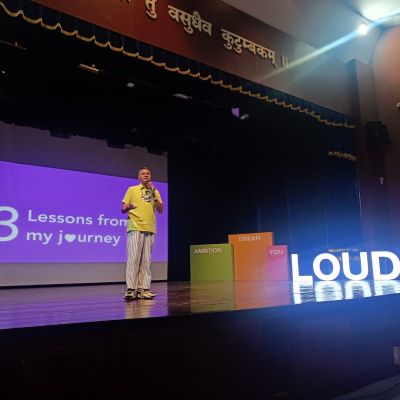LGBTQIA
In a world where queerness is looked at as failure, The Queer Art of Failure allows for many possibilities to make sense of these failures.
I feel that parents, teachers and CSE can make room for these disparate realities of adolescents by first acknowledging the limits of formal sexuality education, that the curriculum imparted formally fails in providing the kind of learning that happens through other sources.
Despite the lack of a formal Comprehensive Sexuality Education (CSE) curriculum in place in India, there has been a growing interest in providing CSE programmes in schools.
Here’s to some quiet time listening in to what people are saying, and consuming, on the Internet, particularly on social media, on the subject of gender and sexuality.
चूँकि दुनिया हाशिये में जीने वाले लोगों के प्रति इतनी प्रतिकूल रही है, इसलिए वे लोग हमेशा से, हर जगह ‘सुरक्षित स्थान’ बनाने की कोशिश करते आ रहे हैं।
Safe spaces in the way that they often circulate are depoliticised and the assumption is that there won’t be any conflicts, but there can be no safe space without an exchange of ideas, which will create some bad feelings leading to conflict.
What does belonging, then, look like in urban India for people from different social, economic and political backgrounds?
The data continues to misrepresent the realities of transgender persons, reiterating the existing confusion about transgender individuals.
That little baby born in spring,
Shall “he” identify as Queer?
Regardless, Polaris feels queer!
अपनी परिभाषा, अर्थ और लांछन के आस-पास की अस्पष्टता के कारण यौनिकता एक अछूता, अनदेखा, और मनाही का क्षेत्र बना हुआ है।
The larger question is, who gets to bring all of themselves to the workplace, and who is either not allowed, or feels scared, or is bullied for doing so?
Growing up, for me, has been about accepting that the loneliness and sadness woven into the fabric of my being do not go away with entering conventional arrangements like monogamous relationships or marriage.
The most satisfying spiritual and sexual experiences I’ve had were not in my twenties, thirties or even forties. They have been in my 50’s. The most insightful spiritual insights, and the most orgasmic orgasms have both arrived in middle age.
मां बनने के बाद से आत्म-देखभाल पर मेरे नज़रिये में बहुत बदलाव आया है। एक अभिभावक की भूमिका निभाते हुए और उसकी चुनौतियों का सामना करते हुए अपना ख़्याल कैसे रखा जा सकता है?
हमारा मानसिक स्वास्थ्य सिर्फ़ हमारी इकलौती ज़िम्मेदारी नहीं है बल्कि उन संस्थाओं और व्यवस्थाओं की भी ज़िम्मेदारी है जिनका हम हिस्सा हैं। इसलिए हमारी सेहत और ख़ुशहाली बनाए रखने के लिए इनका योगदान ज़रूरी है।














